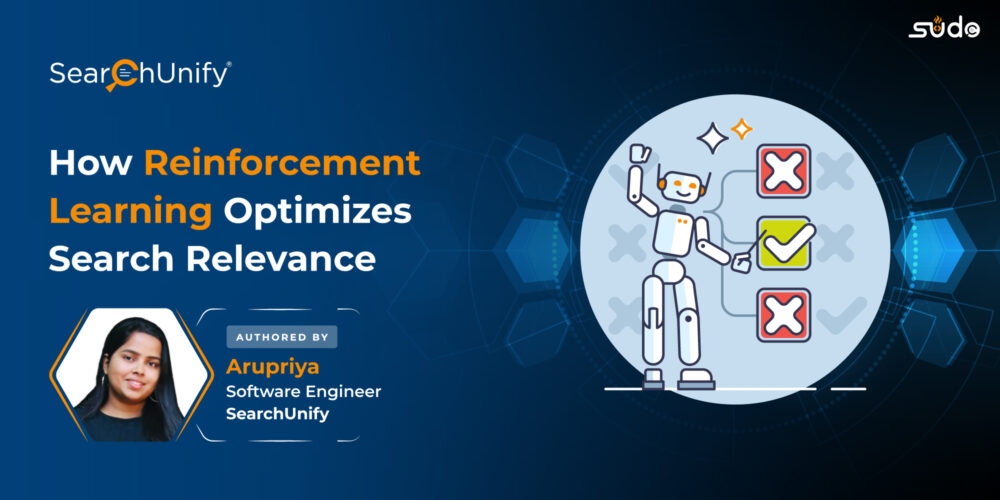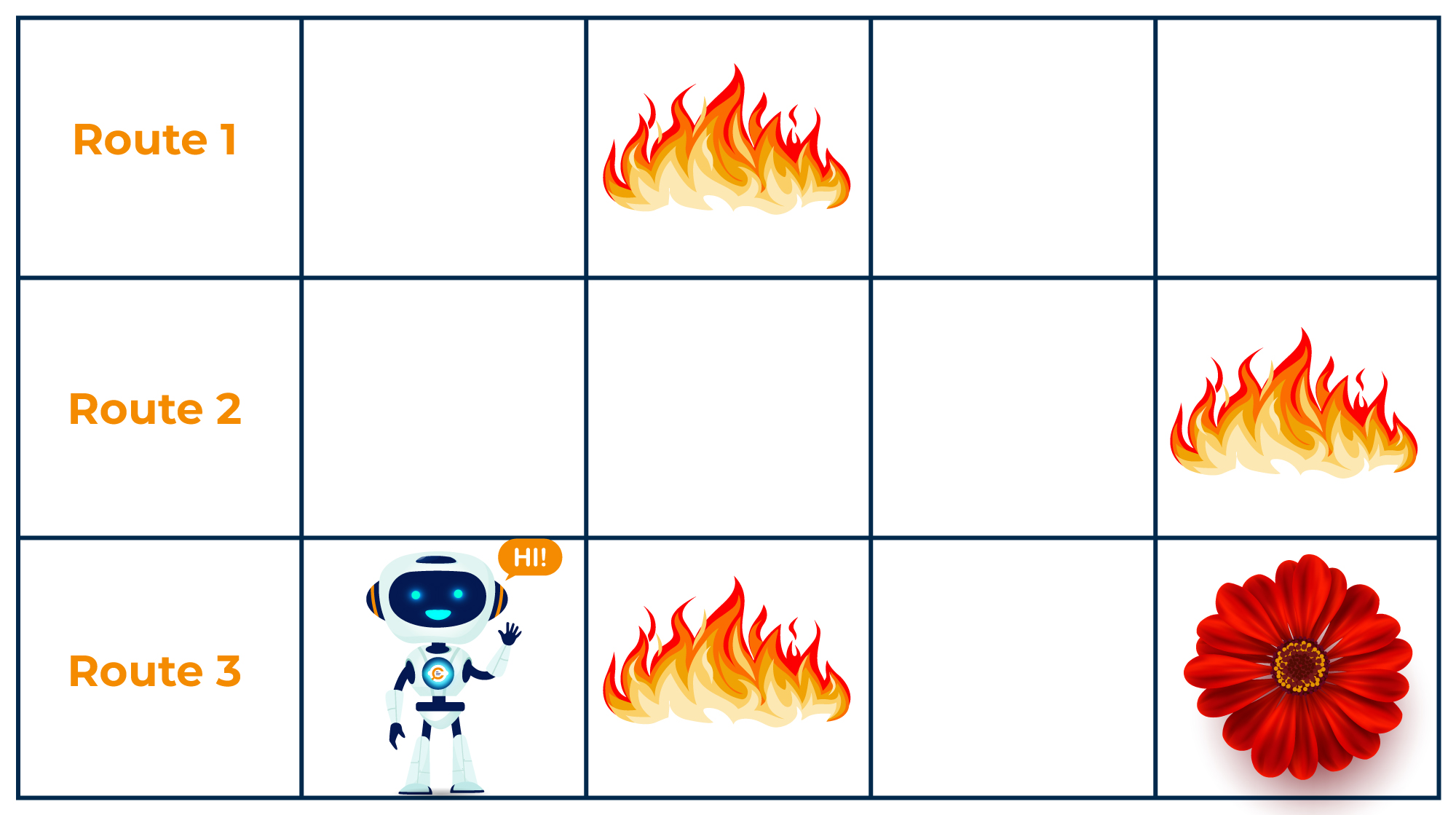
Have you ever found yourself investing a significant amount of time searching for organizational information?
The frustration of scouring heaps of emails, documents, and intranet pages for ‘that’ crucial piece of information isn’t unique to you.
Employees spend around 50% of their work hours looking for documents. Think of all the things you could achieve rather than just sifting through documents.
While Google has mastered the art of finding information on the vast web, within organizations, the quest to find knowledge often resembles a chaotic treasure hunt. This is where enterprise search steps in, acting as your internal Google, seamlessly connecting you to the knowledge you need to succeed.
Enterprise search transforms your organization’s information silos into a unified hub of valuable insights. But it’s not just about finding any information – it’s about relevance. By understanding your needs and context, enterprise search filters out the noise, delivering the information that you truly need.
Over the years, various techniques have been deployed to improve search relevance. One such powerful method that’s gaining traction is Reinforcement Learning (RL). But what is it exactly? Let’s find out!
What is Reinforcement Learning?
Reinforcement learning is a machine learning paradigm where an agent learns to make decisions by interacting with an environment to maximize cumulative rewards. Unlike supervised learning, where the model is trained on labeled data, RL agents learn from trial and error, receiving feedback in the form of rewards or penalties based on their actions.
Sarah, a Gen AI-powered virtual assistant, needs to find the perfect document (reward) for Serena, a technical writer, who’s working on a complex user manual.
But there’s a small hiccup. There are thousands of documents in the company’s knowledge base, ranging from product specifications to internal discussions and troubleshooting guides. Moreover, many are irrelevant or outdated, creating hurdles for Sarah to reach the most helpful document.
 The above image shows the virtual assistant named Sarah, the document as a flower, and fire as hurdles (keyword mismatch, outdated information). Sarah’s goal is to find the relevant document while avoiding the flaming obstacles.
The above image shows the virtual assistant named Sarah, the document as a flower, and fire as hurdles (keyword mismatch, outdated information). Sarah’s goal is to find the relevant document while avoiding the flaming obstacles.
Sarah learns by exploring various routes, evaluating each for its potential to help Serena, and then choosing the path that reaches the correct information with the least hurdles. Each right step will take Sarah closer to the right document and each wrong step will result in setbacks, diverting her from the reward or the right information.
Key Takeaways
1. Input: Sarah receives Serena’s search query (“troubleshooting error code XYZ for widget ABC”)
2. Output: Sarah retrieves documents based on keywords and Serena’s profile.
3. Training: The training is based upon the input, The model will return an answer and the user can decide to reward or retrain the model based on its output. This way, the model continuously learns. Here:
- Sarah experiments with different retrieval strategies based on rewards and feedback.
- It analyzes document content beyond keywords, considering context and user intent.
- Then, it prioritizes documents from relevant teams or discussions related to Serena’s previous manual projects.
- Identifying similar error codes or user issues within retrieved documents.
4. Learning:
- Sarah learns which keywords and phrases better predict document relevance for Serena’s specific needs.
- How to leverage user feedback and context to refine its search approach.
- The value of exploring internal discussions and hidden expertise within the knowledge base.
Applications of Reinforcement Learning in Search Relevance
In the context of search engines, reinforcement learning can be utilized to improve relevance in several ways:
- Query Reformulation: Reinforcement learning algorithms can learn to understand user intent by analyzing interactions such as clicks, dwell time, and subsequent search queries. By leveraging this information, search engines can dynamically adjust and refine search queries to better match user expectations, ultimately leading to more relevant results.
- Ranking Optimization: Traditional search engines rely on complex algorithms to rank search results based on relevance signals such as keyword matching, page authority, and user engagement metrics. Reinforcement learning can augment these algorithms by continuously learning and adapting to user behavior, thereby optimizing result rankings to better reflect user preferences.
- Personalization: Every user has unique preferences, interests, and browsing histories. Reinforcement learning algorithms can analyze user interactions and tailor search results to individual preferences, providing personalized recommendations that enhance relevance and user satisfaction.
- Exploration and Exploitation: Reinforcement learning enables search engines to balance exploration (trying out new strategies) and exploitation (leveraging known successful strategies). By dynamically adjusting the exploration-exploitation trade-off, RL-powered search engines can continuously adapt to evolving user preferences and information dynamics.
Challenges and Considerations in Reinforcement Learning
While reinforcement learning holds promise for improving search relevance, there are several challenges and considerations to address:
- Data Privacy: Leveraging user interactions for RL training raises concerns about data privacy and user consent. Search engines must implement robust privacy measures to protect user data while still extracting meaningful insights for reinforcement learning.
- Bias and Fairness: Reinforcement learning algorithms are susceptible to biases in training data, potentially leading to unfair or discriminatory outcomes. Search engines must actively mitigate bias and ensure fairness in search results to maintain user trust and satisfaction.
- Interpretability: Reinforcement learning models are often complex and difficult to interpret, posing challenges to understanding and explaining their decisions. Enhancing the interpretability of RL algorithms in the context of search relevance is crucial for building trust and transparency.
Final Verdict
Reinforcement learning offers exciting opportunities to enhance search relevance by leveraging user interactions, optimizing ranking algorithms, and personalizing search results.
SearchUnify leverages reinforcement learning to deliver more accurate, personalized, and satisfying search experiences for users worldwide. Experience it by requesting a demo now!


















